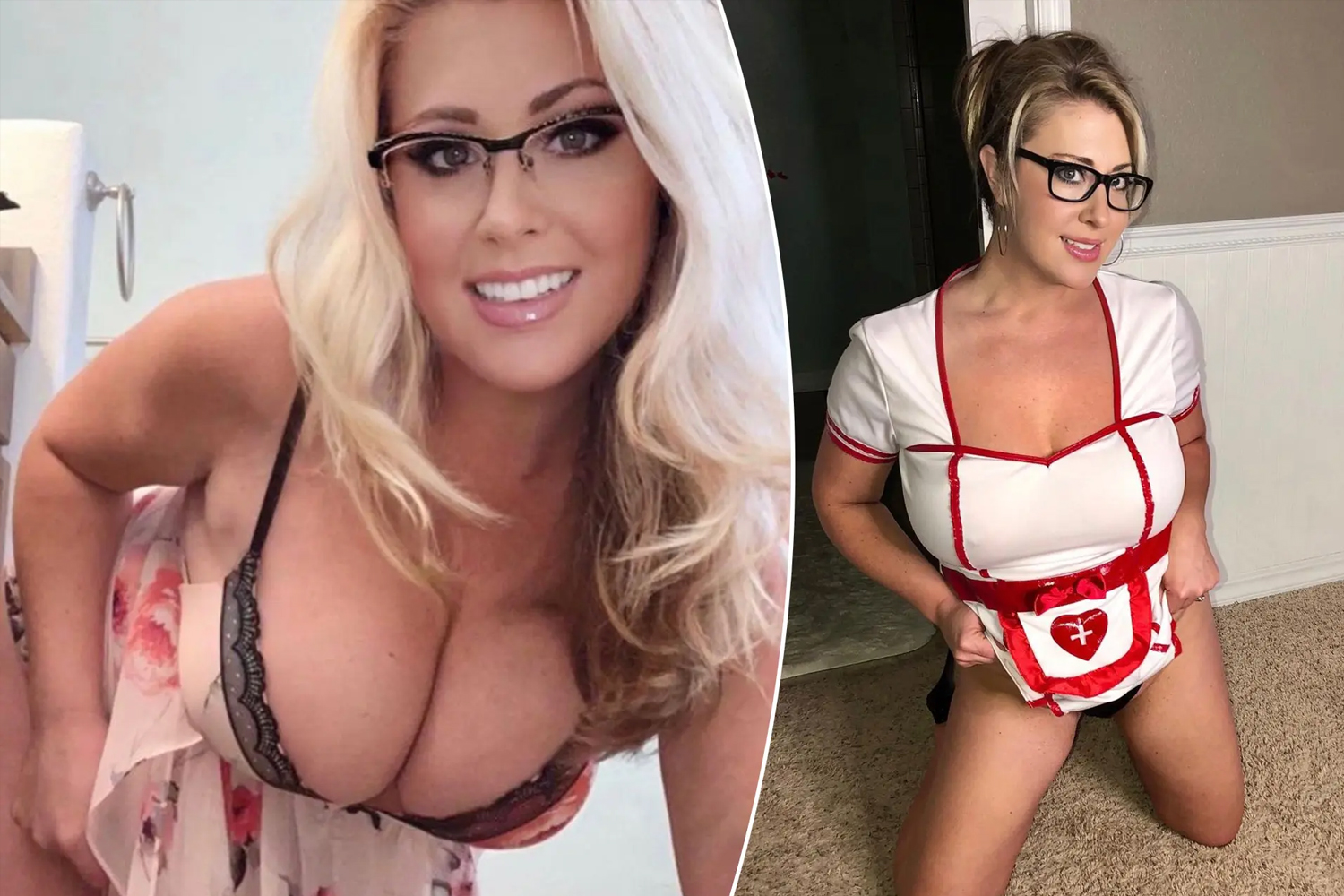viral video call
Top OnlyFans Earners in 2025 — (Ranked 10 to 1)
by Editorial • Updated: November 2025

The figures below are estimated monthly earnings based on public reports, interviews, leaks and 2024–2025 tracking data. OnlyFans does not release official numbers, so every total is best viewed as an informed, high-level estimate rather than an exact payout.
Still, the ranking gives a clear picture of who dominates the platform right now from ex-teachers and award-winning actors to global rappers and career content creators. Here are the Top Estimated OnlyFans Earners for 2025, counted down from #10 to #1.
10. Brianna Coppage
Brianna Coppage – From Classroom to NSFW Headliner

Brianna Coppage went viral after leaving her job as a high school teacher and launching her OnlyFans. Controversy around her career switch pushed massive traffic to her page, quickly turning a side hustle into a full-time NSFW brand with dedicated subscribers.
Estimated Monthly Earnings: ~USD $850,000
Notes: Rapid growth powered by headlines and curiosity, with strong retention as fans stay for ongoing, personality-driven content.
© 2025 trendingtales.com • Adult content hub for creator rankings and NSFW industry breakdowns.